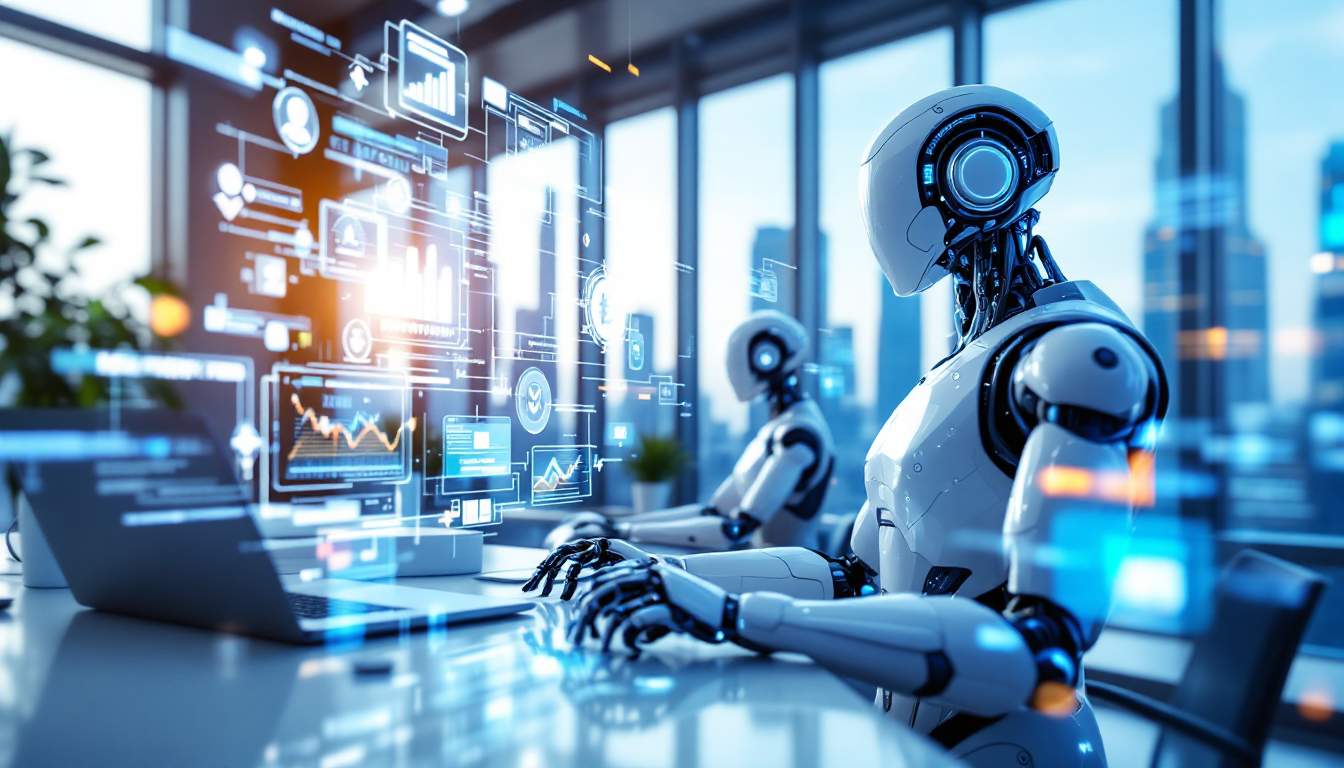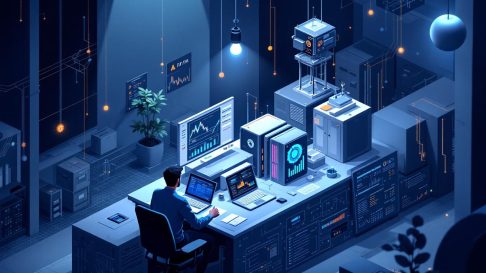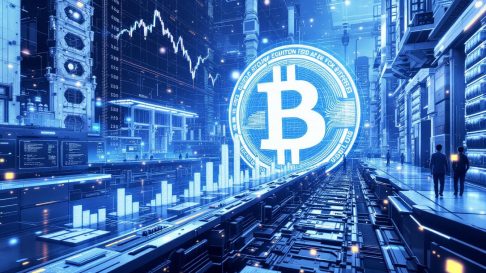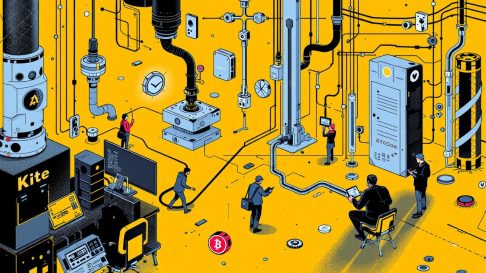Published: December 16, 2024 at 11:39 pm
Updated on June 09, 2025 at 7:05 pm




AI agents are on the rise in the world of crypto, and they could change everything. They promise to make things more efficient and secure, but they also lead us to ask some tough ethical questions. So, how do we make sure these AI-driven systems are transparent and accountable? Let’s explore how AI can transform Web3, and what we need to think about as we move forward.
Artificial intelligence has become vital in the digital economy, especially in Web3. When combined with blockchain tech, AI can significantly impact decentralized finance (DeFi). It can help automate tasks, improve security, and offer a level of personalization. But with these benefits comes the need for careful ethical considerations and strong human oversight.
AI agents are redefining what’s possible in decentralized finance. By automating complex tasks and providing data-backed insights, they enhance the efficiency of financial systems. These agents can analyze enormous data sets to spot trends, predict market movements, and execute trades accurately. The result? A more streamlined operation and a democratization of advanced financial tools.
They are capable of processing market data faster than any human trader. This means they can find profitable opportunities and execute trades like clockwork. They can operate around the clock, which is a pretty big deal. They also help manage risk by adjusting trading strategies based on real-time assessments. They even identify arbitrage opportunities that human traders might miss. And for those looking for personalized investment advice, these agents can automate portfolio management based on individual risk profiles.
With great power comes great responsibility, and the deployment of AI in decentralized finance brings up ethical concerns. Transparency, accountability, and fairness are critical. Maintaining trust in AI-driven systems requires human oversight. We need to ensure that AI decisions can be explained and traced. Organizations should have governance frameworks in place, including regular audits and means for human intervention.
We need to ensure AI systems are transparent. Their decision-making processes should be easy to understand. This helps build trust and accountability. But there’s a catch: AI algorithms can be biased based on the data they’re trained on. This means we must have diverse teams and audits to spot and fix these biases.
AI must also respect privacy and human rights. This means using solid data protection measures and ensuring decisions align with human rights standards. Transparency and explainability are essential for maintaining trust.
Trust in digital currency networks is tough enough without AI agents. They can enhance security and transparency but also introduce new vulnerabilities.
AI-powered detection can spot suspicious patterns in blockchain data. This is good for security. Smart contracts and code testing can also be validated automatically.
However, criminals can exploit AI agents to enhance illegal activities. AI agents can be hijacked through prompt injection, data poisoning, and model inversion. And we can’t forget that biases in AI models can lead to false negatives or compromised effectiveness.
The use of AI agents in crypto trading has both advantages and disadvantages. On one hand, they can improve efficiency, risk management, and personalized investment advice. On the other hand, they can introduce biases, lack transparency, and be vulnerable to cybersecurity risks.
In summary, as we embrace AI in Web3, we must tread carefully. The balance of power is shifting, and while AI agents can empower the digital economy, they can also challenge it. Continuous innovation and strong protocols will be essential in this new landscape.
Access the full functionality of CryptoRobotics by downloading the trading app. This app allows you to manage and adjust your best directly from your smartphone or tablet.


News
See more







Blog
See more






